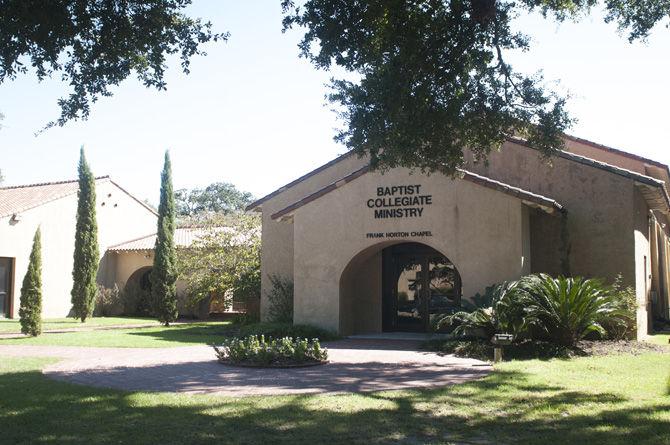The morning of Feb. 10, 2019, the Houston Chronicle and The San Antonio Express-News published investigative reports uncovering widespread sexual abuse scandals within the Baptist church. Reports stated since 1988, 380 clergy, church leaders and volunteers sexually abused over 700 victims.
One of the report’s biggest revelations was the Southern Baptist Convention’s ongoing concealment of these wrongdoings. At least 10 Baptist churches welcomed staff members previously charged with sexual misconduct, including Darrell Gilyard, pastor of Christ Tabernacle Church in Jacksonville, Florida, who returned to the pulpit directly after serving three years in prison for child molestation.
Former Southern Baptist Convention President Paige Patterson was involved in a lawsuit for attempted cover up of abuse and eventually removed from his position after he reportedly wanted to speak to a rape victim alone so he could “break her down.”
Southern Baptist Convention delegates passed a resolution condemning sexual abuse, a move current SBC President Rev. J.D. Greear referred to as a “defining moment.” However, some might wonder if this resolution, passed on June 12, 2019, came too late.
LSU Baptist Collegiate Ministry Assistant Director Haley Spell said she wishes the conversation had begun sooner.
“So much of it is that there isn’t an open dialogue before it’s too late,” Spell said. “There’s open dialogue now because of everything going on but nothing before then.”
Even before these scandals came to light, students were losing their faith in church. A study by Campus Renewal revealed 70% of Evangelical Christians abandon their faith during their college years.
Amidst dismal statistics, an increasingly secular culture and recent scandals, the University’s Baptist Collegiate Ministry is struggling to continue preaching its message.
Despite these troubling events, Spell said her faith remains stronger than ever.
“Of course, when I first heard about the scandals, I was angry,” Spell said, “but I don’t root my faith in Southern Baptist officials.”
While Baptists are united under common goals and a statement of faith, individual churches operate autonomously. Sometimes, this can lead to lack of oversight and accountability, but it also allows more opportunities for individual Baptist organizations to break free of poor reputations.
“It almost sounds like a cop out to say ‘we’re not all like that,’ but we really aren’t,” Spell said.
Spell said the local Baptist churches and the BCM partners have not faced any sexual assault allegations to her knowledge.
She believes the BCM and the University’s other on-campus organizations provide valuable contributions to the campus, and hopefully, their work can reshape narratives. As it stands, public perceptions regarding the Baptist church and their beliefs might be keeping the next generation of students away.
“Evangelics get lumped together,” Spell said, citing political parties as an example. “If you look at evangelicals under the age of 30 and compare that to evangelicals over the age of 50, it’s different.”
Statistics from the Pew Research Center show 13% of Evangelics self-identify as liberal, the highest number of any Christian-affiliated religious group besides Catholics.
“What’s going on at one church doesn’t mean it’s going on at another,” Spell said.
BCM intern and University alumni Logan Franks said the BCM’s committed students can reverse negative stigmas.
“Church is different because some people are there because of their parents, but in a campus ministry, the people are only there because they have a passion,” Franks said. “I think that can do a lot to change people’s perspective, when they see people’s faith in action.”
Franks also said he thinks college students often leave the church because of prior bad experiences.
“People have a bad experience with a member of the church and project that wrongdoing onto God,” Franks said. “It’s a misconception that people who go to church directly represent God.”
Sports Administration junior and BCM member Zach Brubaker said in his experience, people leave their faith because of the increased options college life brings.
“A lot of my friends who I grew up with came here and walked away from the church because of the sense of freedom,” Brubaker said. “There’s more enticing options to fulfill the desires they weren’t really able to when they were under the control of their parents.”
A stereotypical college experience can often appear more appealing than religious values; still, Spell is optimistic about the future of the BCM and the Southern Baptist Convention as a whole.
“I think the Baptist church will move forward from this,” Spell said. “Do I think some churches will close their doors? Probably, but the movement of local churches and the goodness of the people is bigger than that.”





